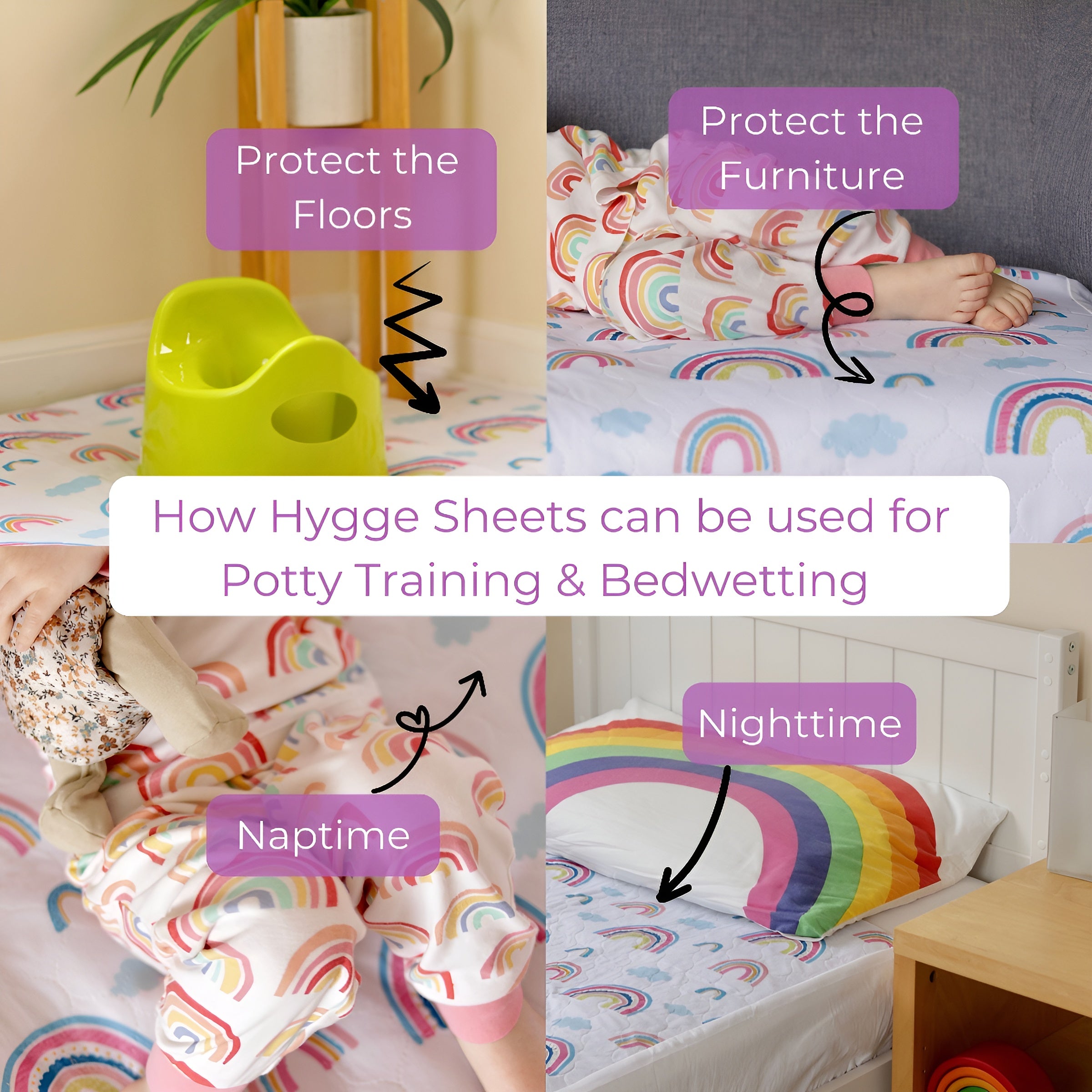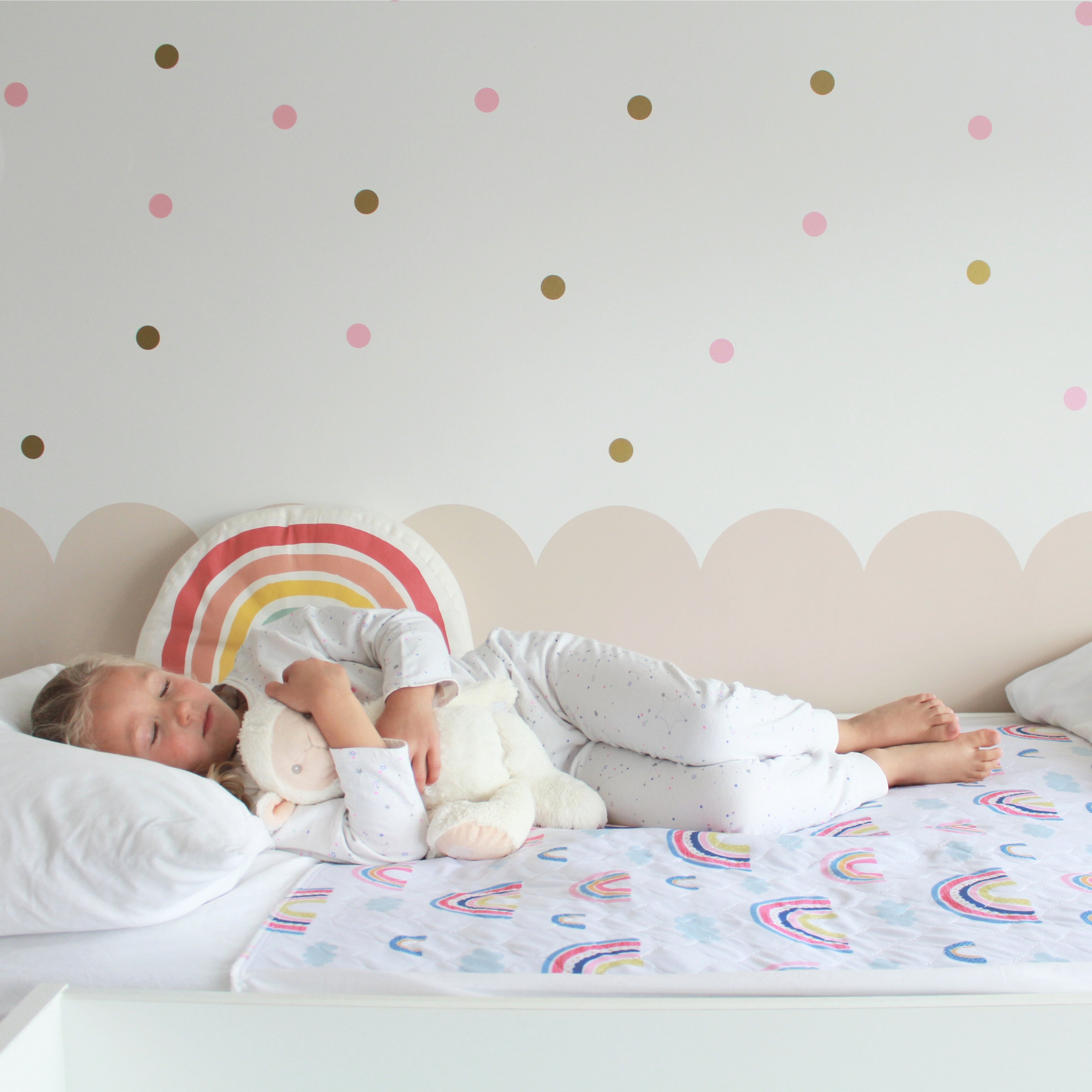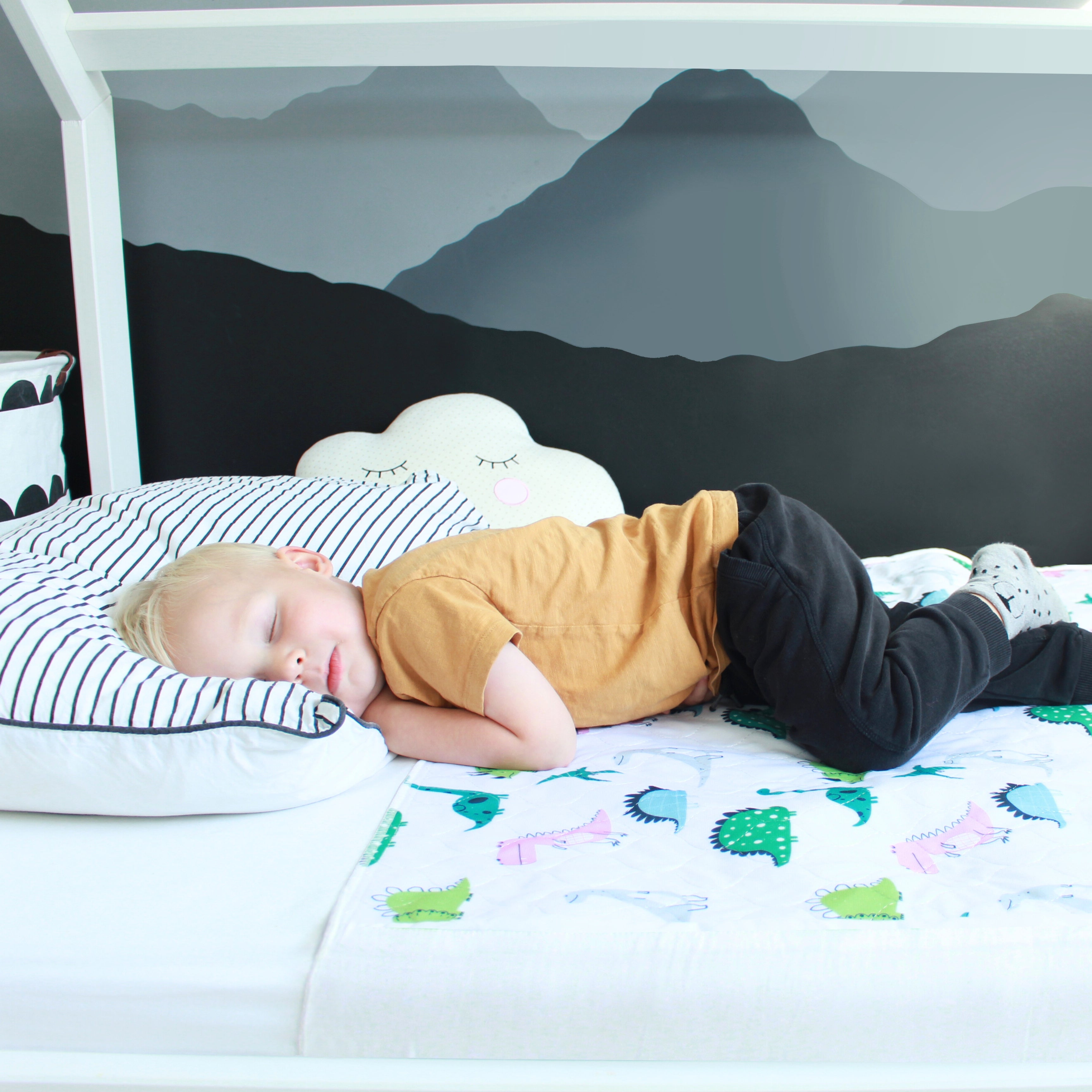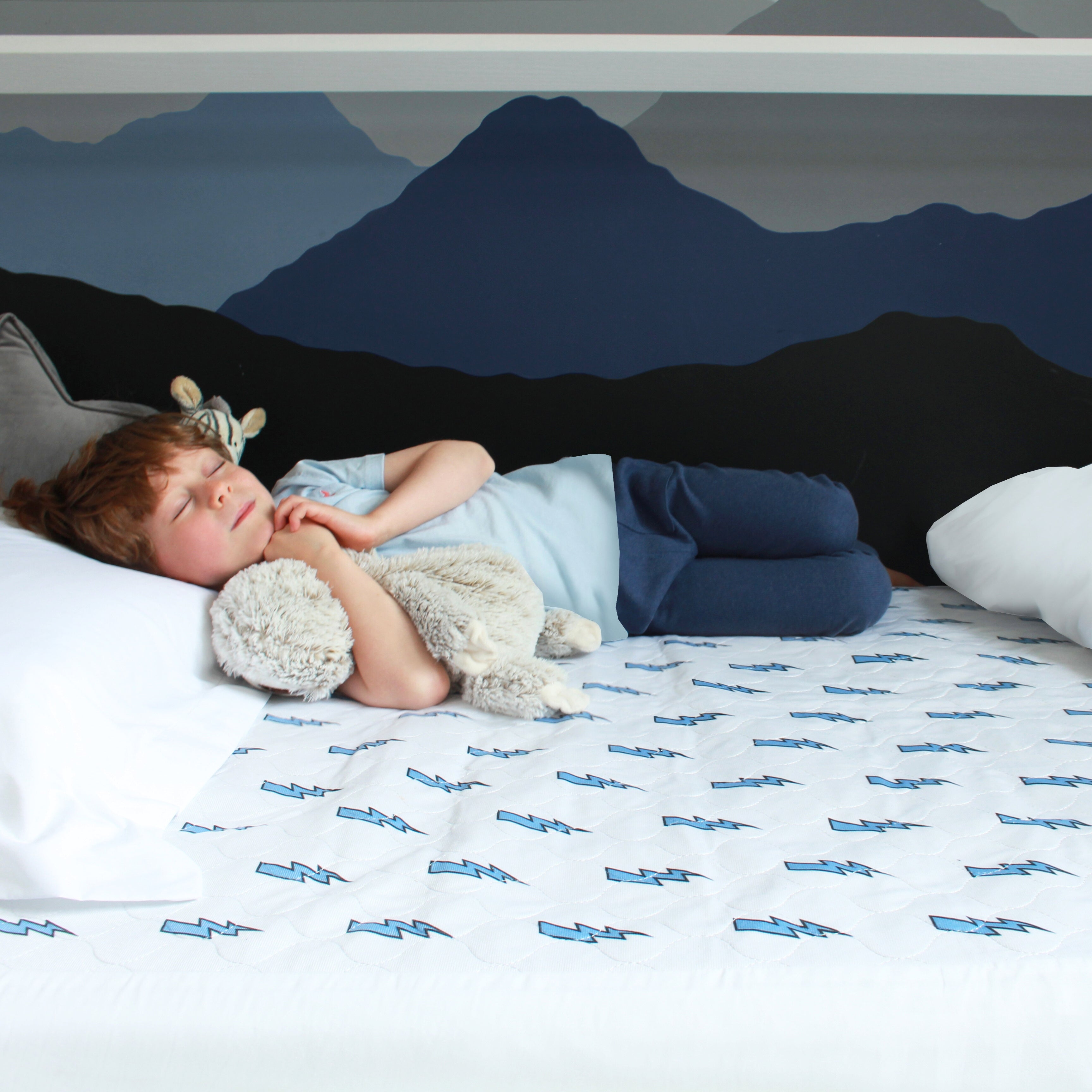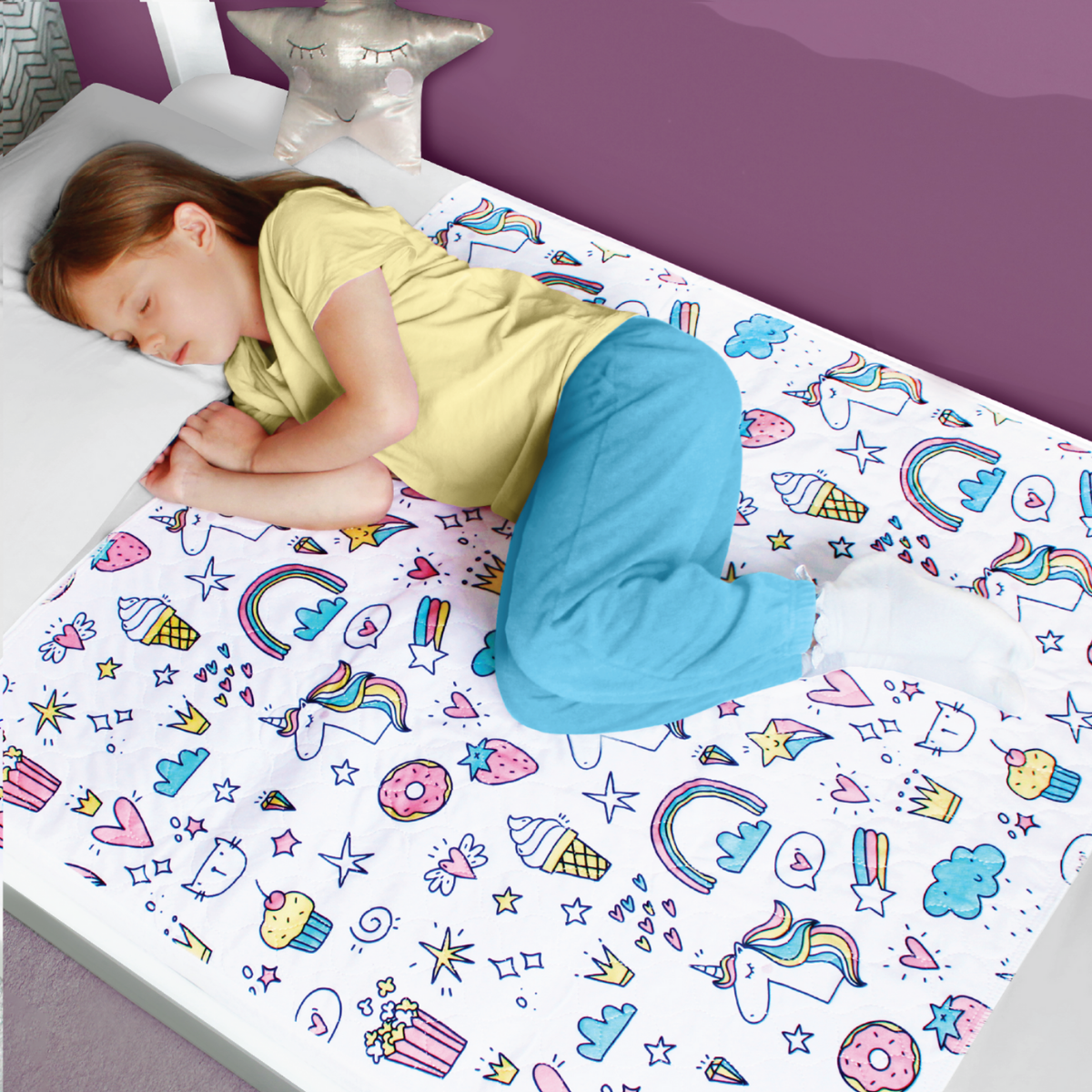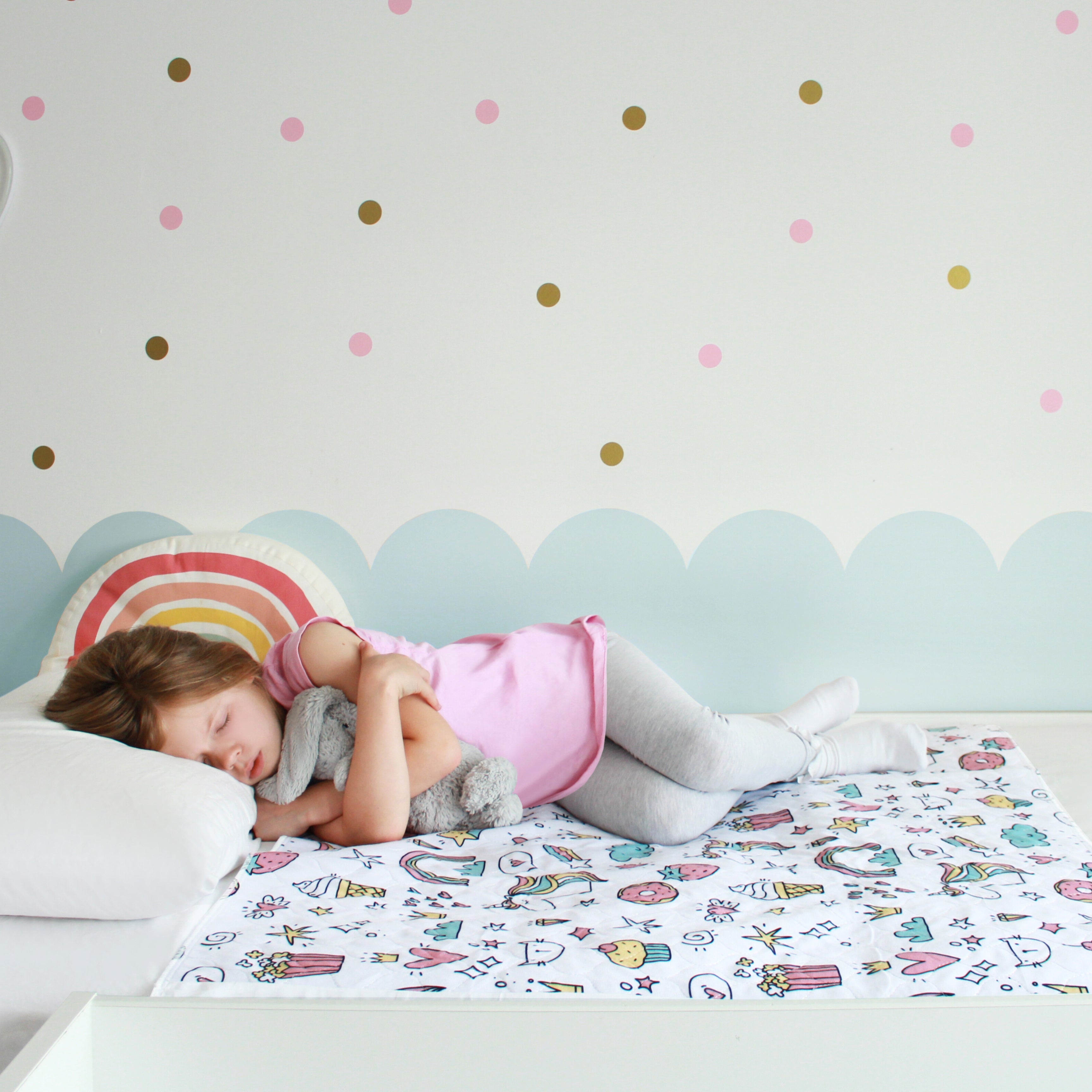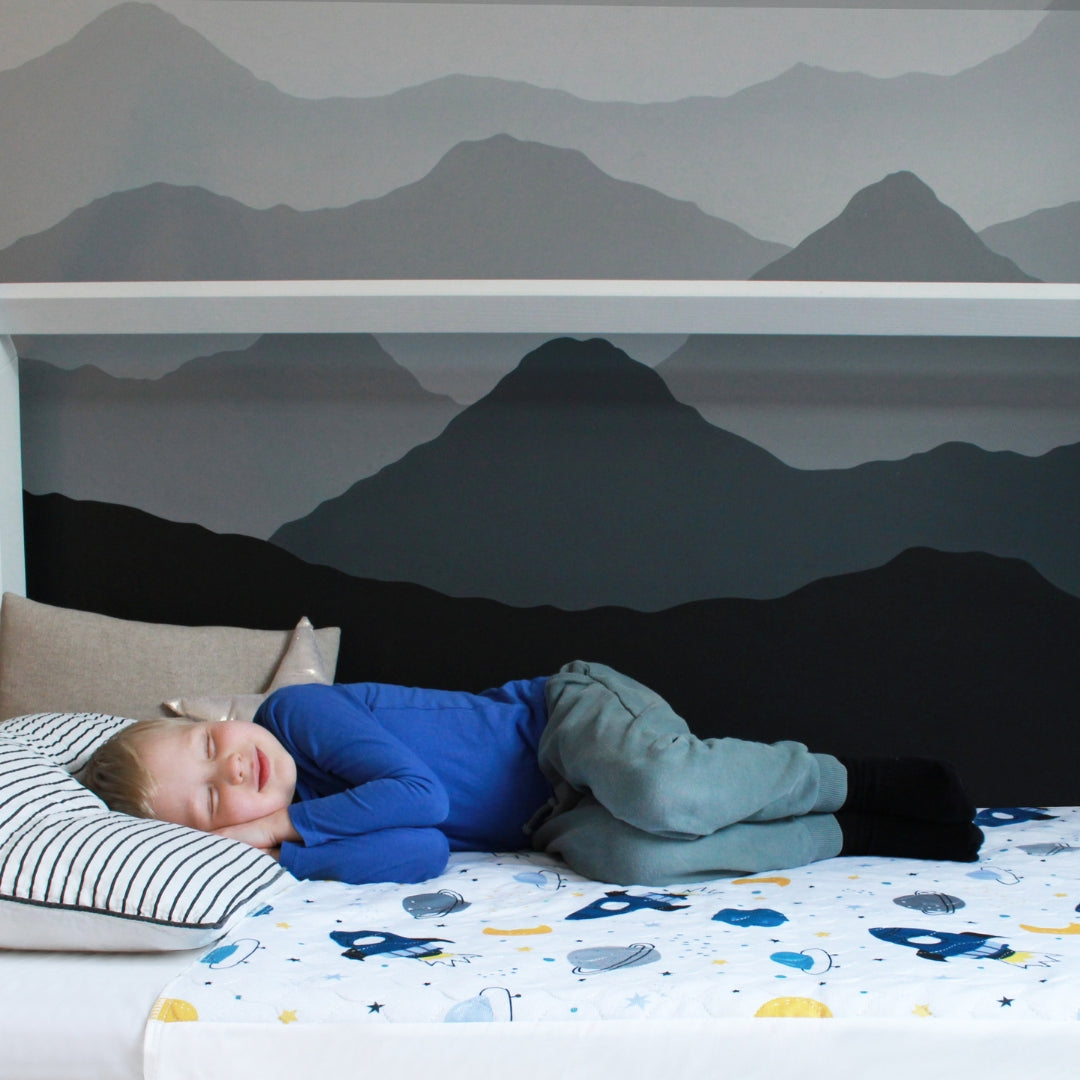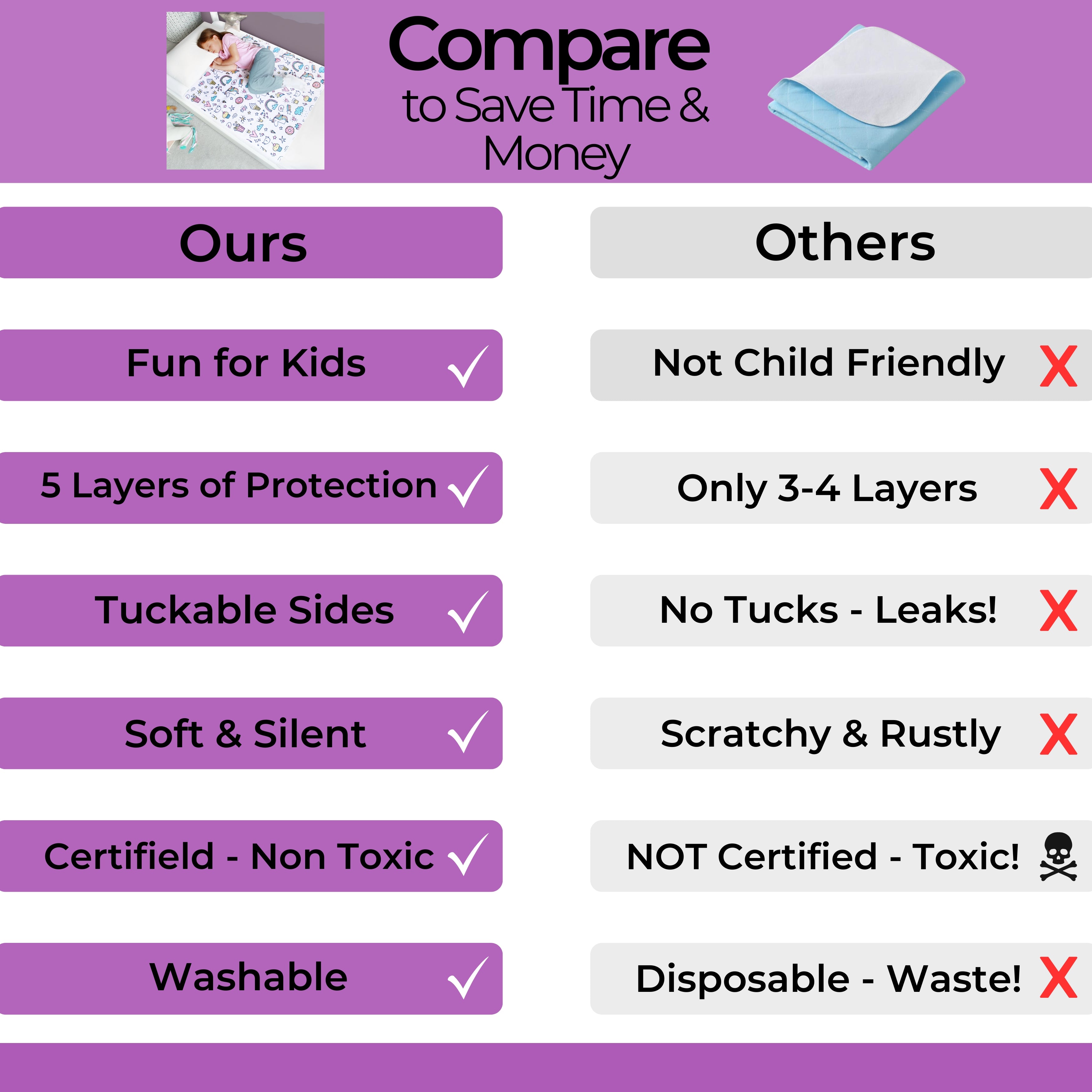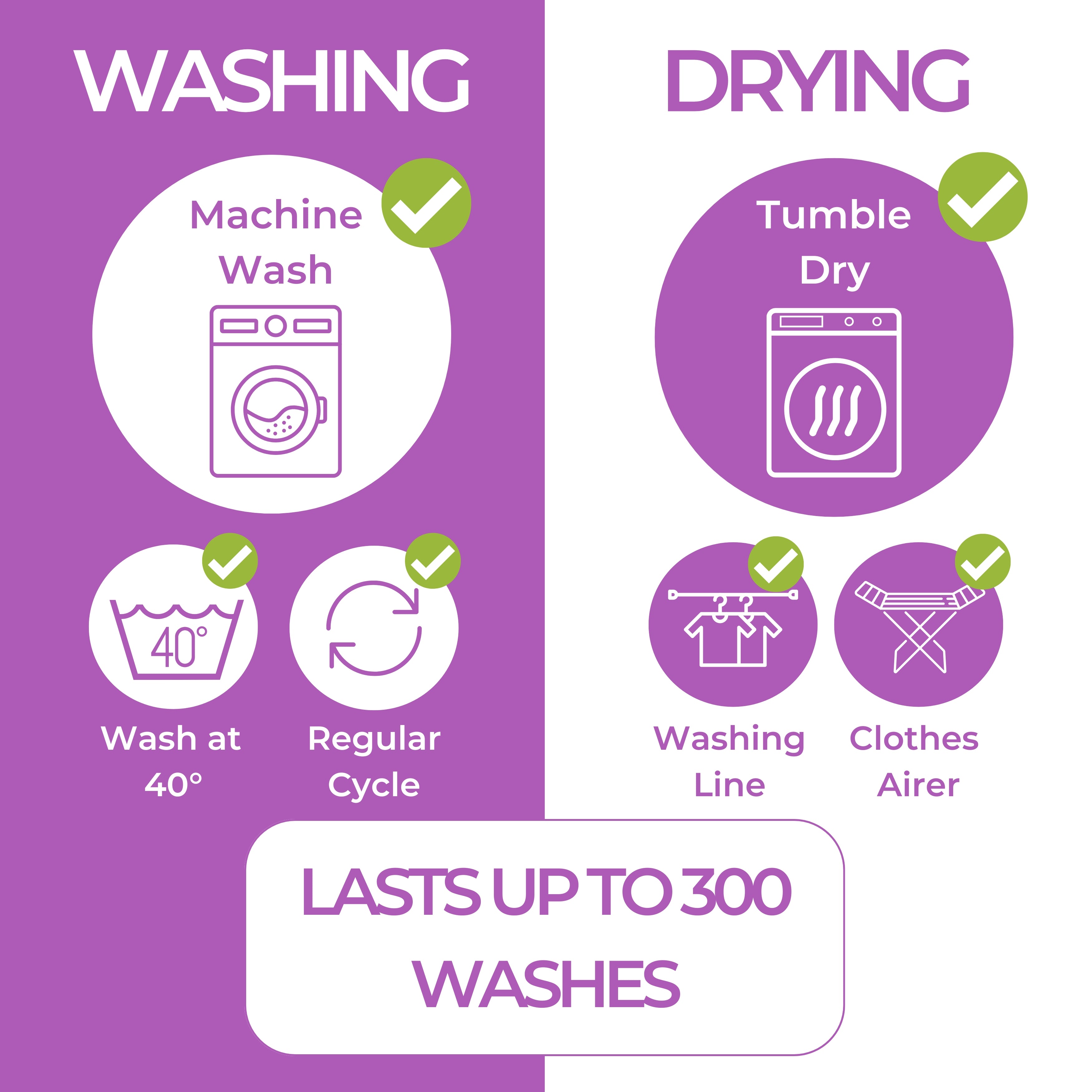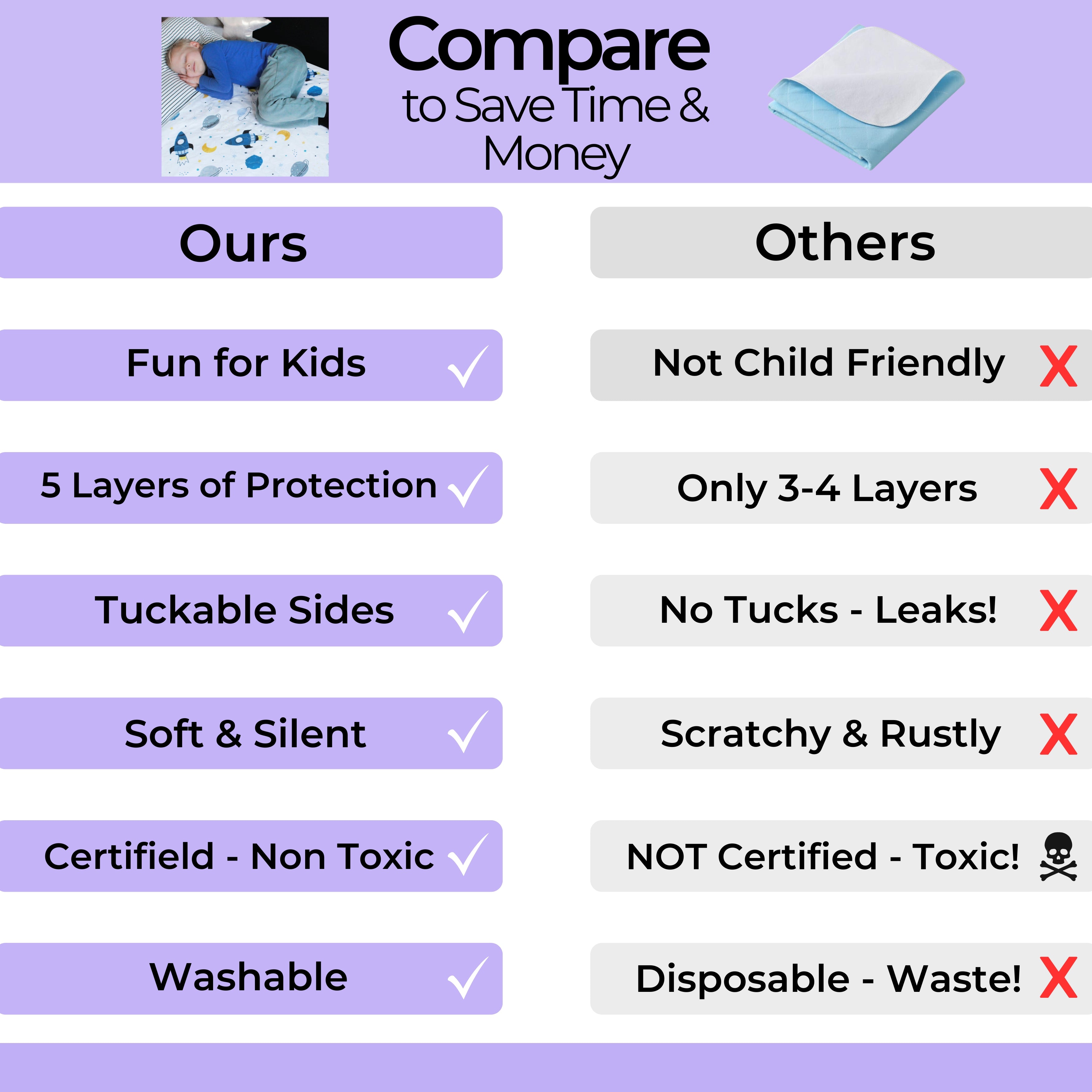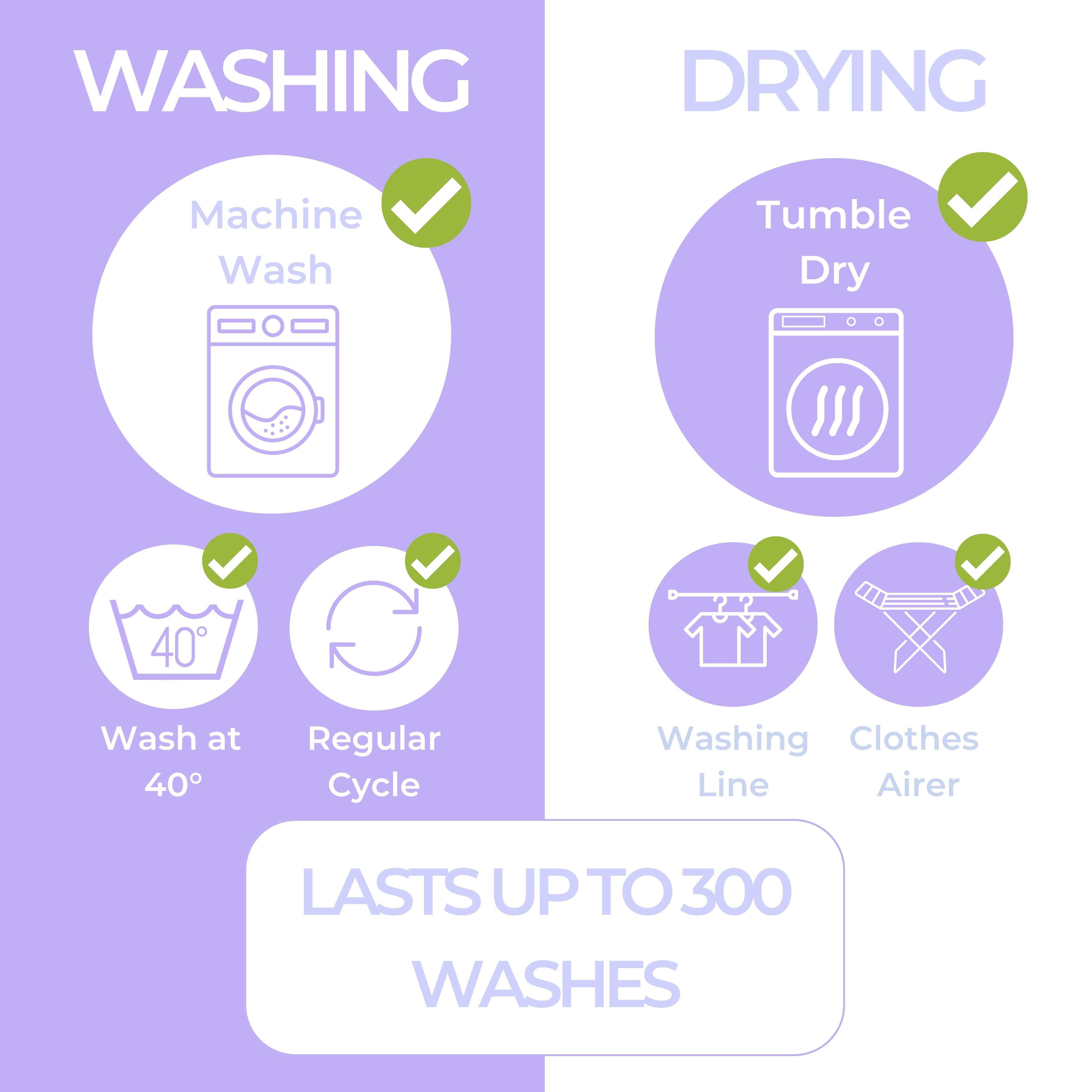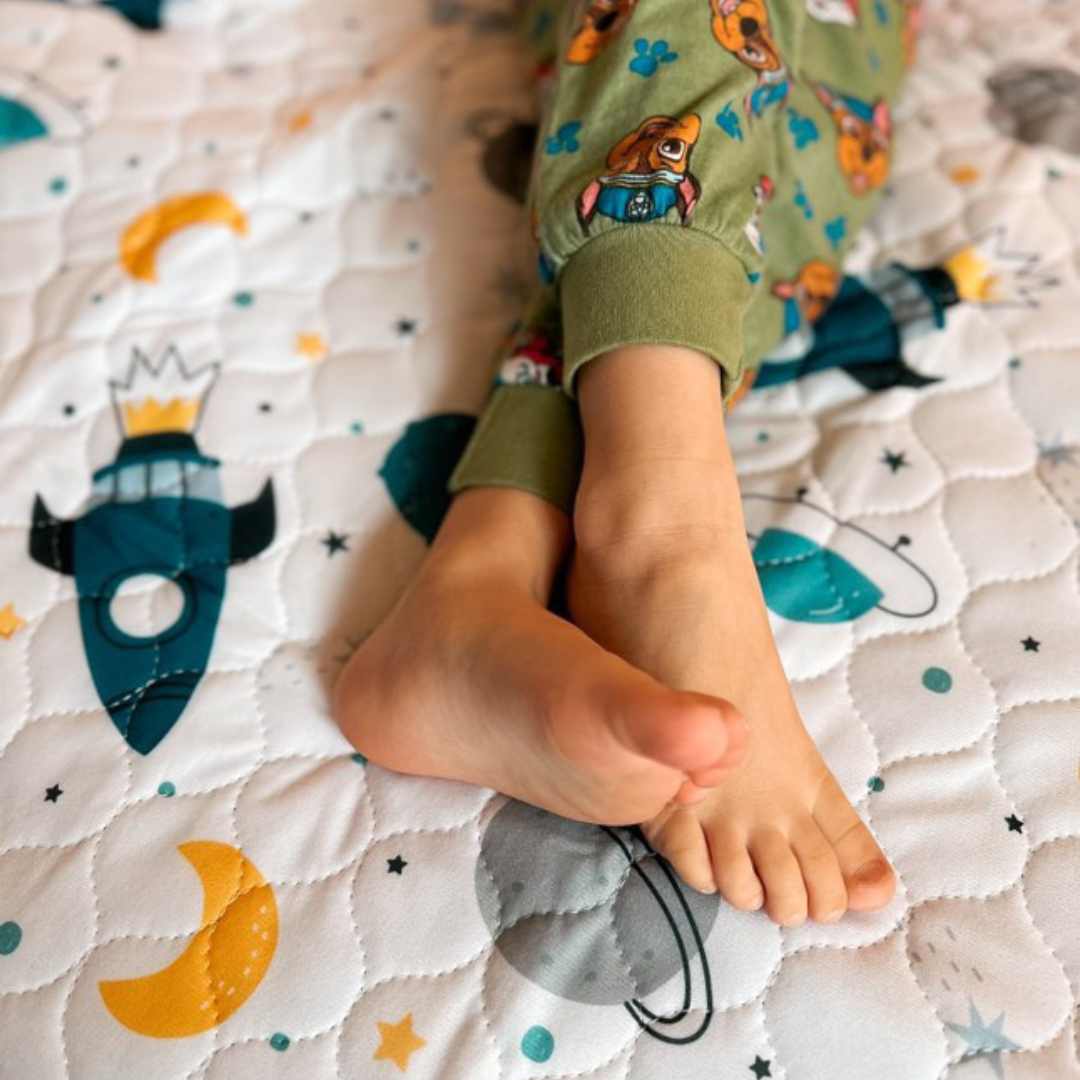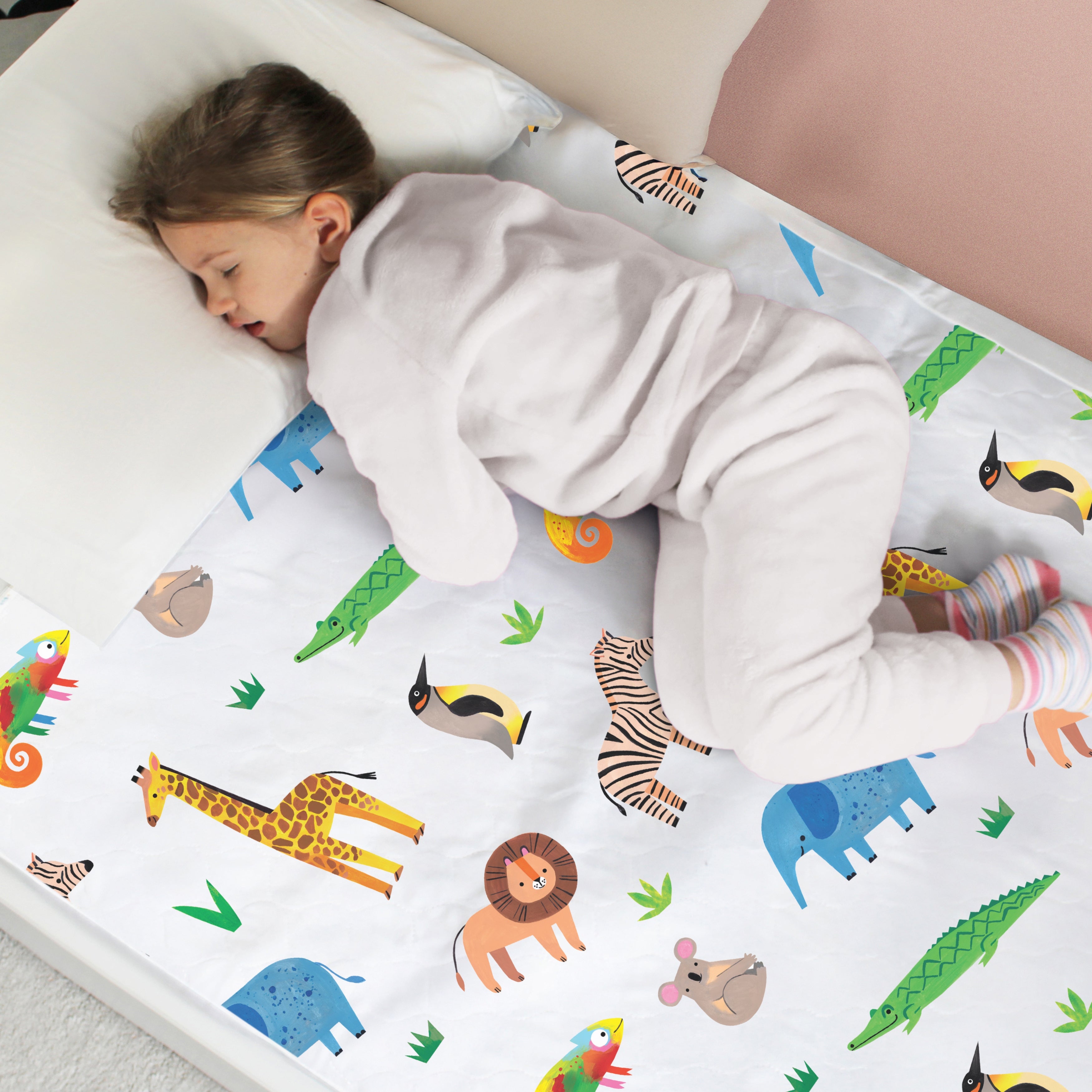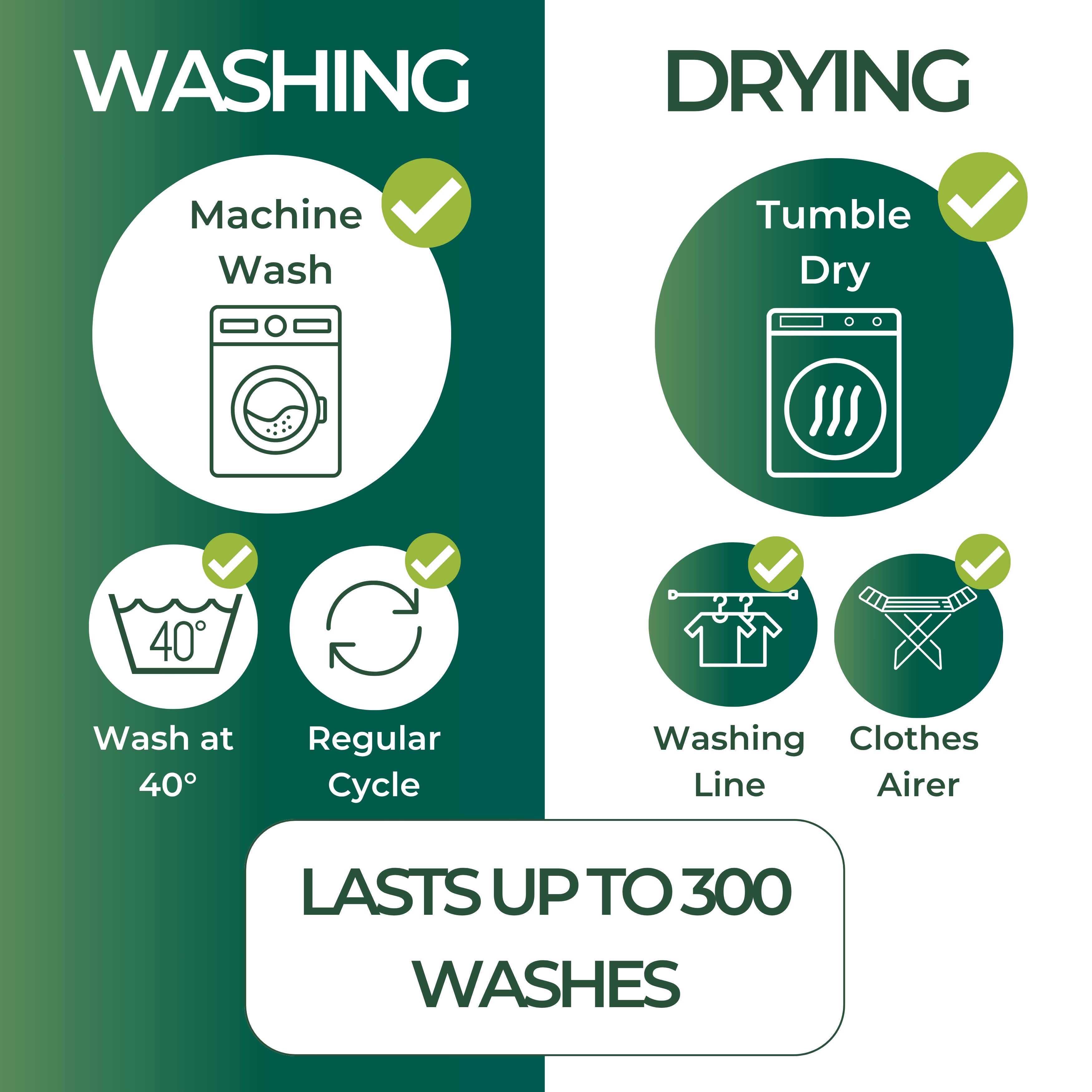Bedwetting is a common issue during childhood, but it can become especially difficult to manage when it persists into the teenage years. For teenage boys, bedwetting can lead to feelings of embarrassment, low self-esteem, and anxiety, especially as they strive for independence and social acceptance. However, with the right understanding and strategies, bedwetting can be managed and ultimately resolved. This comprehensive guide will explore effective strategies on how to stop bedwetting in teenage boys, providing insights into the causes and practical solutions for this condition.
As a mum of two girls, I understand that parenting is hard, so we hope these tips help you and your child in some way.
Understanding Bedwetting in Teenage Boys
Bedwetting in teenage boys is more common than many people realise, and it’s important to approach the issue with empathy and understanding. While bedwetting is often associated with younger children, some boys may continue to struggle with it into their teenage years. This can be due to a variety of factors, including genetics, delayed bladder development, deep sleep patterns, and emotional stress.
It’s crucial to understand that bedwetting is rarely within the control of the teenager. Instead, it’s usually the result of underlying physiological or psychological factors. Recognising this can help both the teenager and their parents to approach the issue with patience and support rather than frustration or blame. By understanding the root causes of bedwetting, effective strategies can be implemented to help teenage boys overcome this challenge.
Recognising the Concerning Age for Bedwetting
One of the most common questions parents ask is, “At what age is bedwetting a concern?” While bedwetting is considered normal in younger children, it becomes more concerning when it persists into the teenage years. Generally, if a child continues to wet the bed beyond the age of seven or eight, it may be a sign that further investigation is needed.
In teenage boys, bedwetting can be particularly distressing as it often coincides with increased social awareness and peer pressure. If bedwetting persists at ages 14, 15, or even 17, it’s important to consider both medical and psychological factors. Consulting with a healthcare professional can help determine whether there are underlying conditions such as urinary tract infections, hormonal imbalances, or sleep disorders.
Recognising the concerning age for bedwetting allows parents and teenagers to seek appropriate interventions and support, reducing the impact of bedwetting on the teenager’s social and emotional wellbeing.
Practical Solutions to Stop Bedwetting at Age 15
For boys who are still wetting the bed at age 15, practical solutions are essential to managing the condition and working towards resolution. Here are some strategies that can help:
- Bladder Training: Exercises to help increase bladder capacity and control, such as gradually increasing fluid intake during the day.
- Bedwetting Alarms: A bedwetting alarm detects moisture and sounds an alert, training the brain to wake up when the bladder is full.
- Limiting Fluid Intake: Reducing fluids in the evening—especially caffeinated or sugary drinks—can help, though daytime hydration should remain normal.
- Establishing a Routine: A consistent bedtime routine, including using the toilet before bed, can help train the body to regulate nighttime urination.
- Medical Consultation: If bedwetting persists, a healthcare professional can rule out conditions like diabetes or sleep apnoea.
- Constipation Check: Constipation is the number one cause of bedwetting, so ensuring regular bowel movements is crucial.
By implementing these practical solutions, boys who are still wetting the bed at age 15 can work towards overcoming the condition, improving their confidence and quality of life.
How to Overcome Bedwetting at 14
Bedwetting at age 14 can be particularly challenging, coinciding with adolescence and its emotional and social changes. Overcoming bedwetting at this age requires a combination of understanding, practical strategies, and emotional support.
- Understanding Emotional Triggers: Stress and anxiety can exacerbate bedwetting. Identifying and addressing stressors, such as school or social anxiety, can help.
- Supportive Environment: A calm and blame-free home environment encourages open communication and reduces stress.
- Use of Protective Bedding: Investing in waterproof sheets can make bedwetting less disruptive while working on long-term solutions.
- Positive Reinforcement: Celebrating small successes helps build confidence and motivation.
By addressing both the physical and emotional aspects of bedwetting, teenage boys can be supported in overcoming the condition at age 14, leading to improved self-esteem and well-being.
Unravelling the Causes of Bedwetting at Age 12
Understanding what causes bedwetting at age 12 is crucial for finding effective solutions. The causes often involve a combination of physiological and psychological factors, including:
- Delayed Bladder Development: Some children develop bladder control later than others.
- Deep Sleep Patterns: Many bedwetters are deep sleepers who don’t wake up when their bladder is full.
- Hormonal Imbalances: The hormone vasopressin reduces urine production at night. If levels are low, excess urine is produced.
- Stress and Anxiety: Emotional distress can contribute to bedwetting episodes.
Effective Strategies to Stop Bedwetting at 17
Bedwetting at age 17 is uncommon but still possible. Effective strategies include:
- Medical Assessment: A thorough check-up can rule out conditions like diabetes or urinary tract infections.
- Cognitive-Behavioural Therapy (CBT): If stress or anxiety is a factor, therapy can help change negative thought patterns.
- Bedwetting Alarms: Bedwetting alarms can still be effective, even in older teenagers.
- Medication: Under medical supervision, treatments like desmopressin may help reduce nighttime urine production.
- Lifestyle Adjustments: Regular exercise, a healthy diet, and using a nightlight to make nighttime bathroom trips easier can also help.
By implementing these strategies, teenage boys can work towards stopping bedwetting at age 17, helping them transition into adulthood with confidence.
Deciphering the Causes of Bedwetting at Age 15
The causes of bedwetting at 15 may be complex, requiring a comprehensive approach to treatment. Factors include:
- Hormonal Imbalances: A lack of vasopressin may lead to excess urine production at night.
- Neurological Factors: The brain and bladder may not communicate effectively during sleep.
- Genetics: A family history of bedwetting increases the likelihood of experiencing it.
- Psychological Factors: Stress and anxiety can contribute to bedwetting.
- Bladder Size and Function: A smaller bladder capacity or an overactive bladder can make nighttime control difficult.
Bedwetting in Kids: What Causes It?
For younger children, bedwetting is often a part of normal development. Common causes include:
- Developmental Delays in bladder control.
- Genetics, as bedwetting tends to run in families.
- Deep Sleep Patterns, making it harder to wake up when the bladder is full.
- Stress and Anxiety, such as starting school or family changes.
- Medical Conditions, like urinary tract infections or diabetes.
Conclusion
Bedwetting in teenage boys is a challenge that requires patience, understanding, and practical solutions. By identifying the causes, implementing strategies like bedwetting alarms, and providing emotional support, teenagers can work towards overcoming bedwetting. With the right approach, a dry and worry-free night’s sleep is possible.
Take Care,
Catherine x











